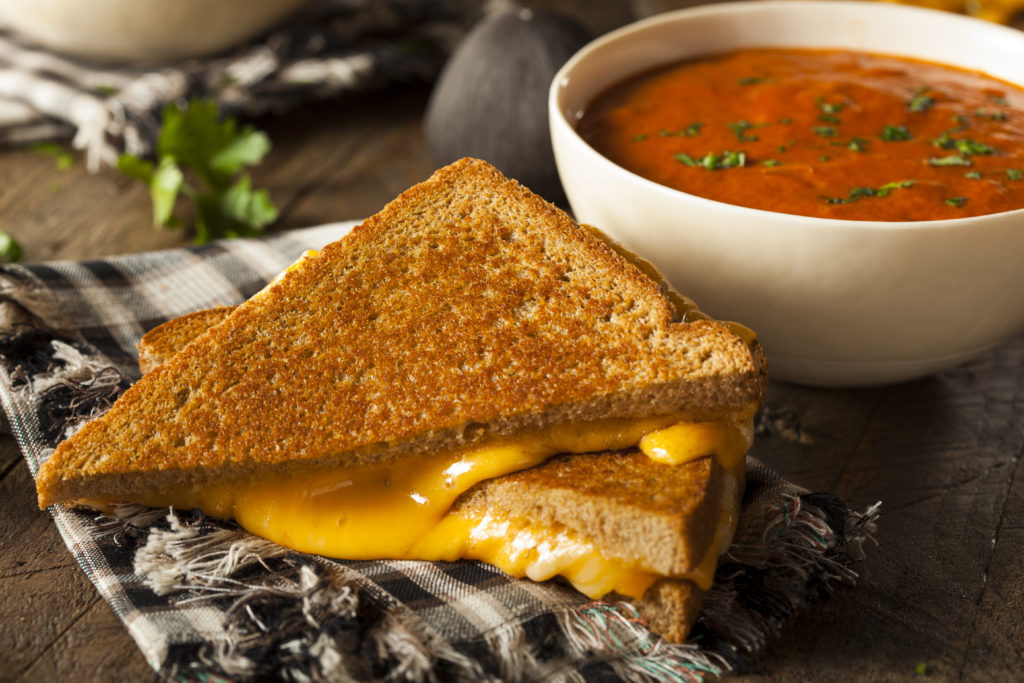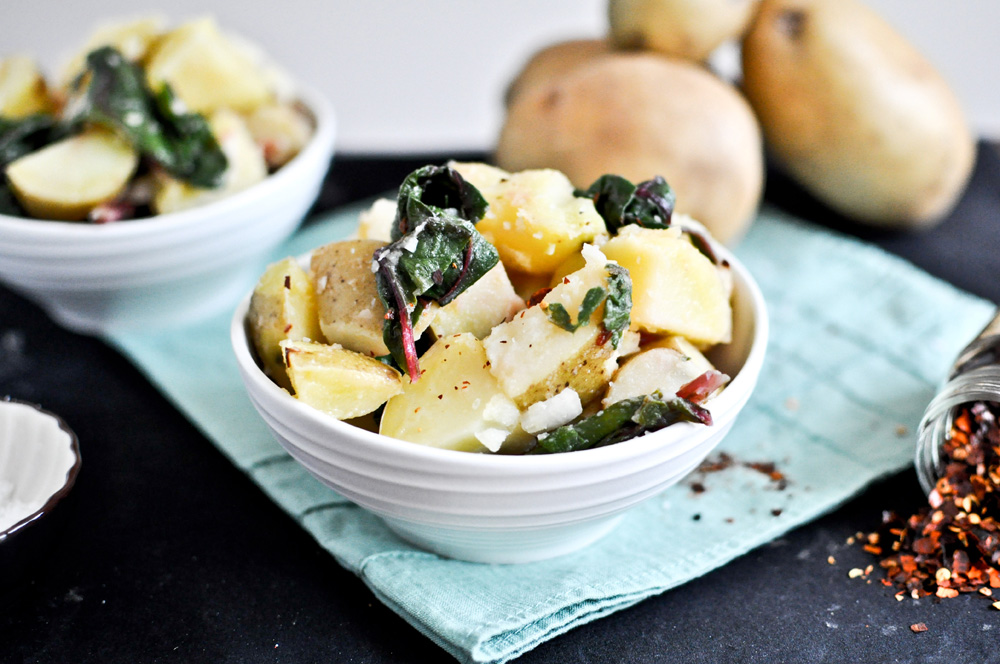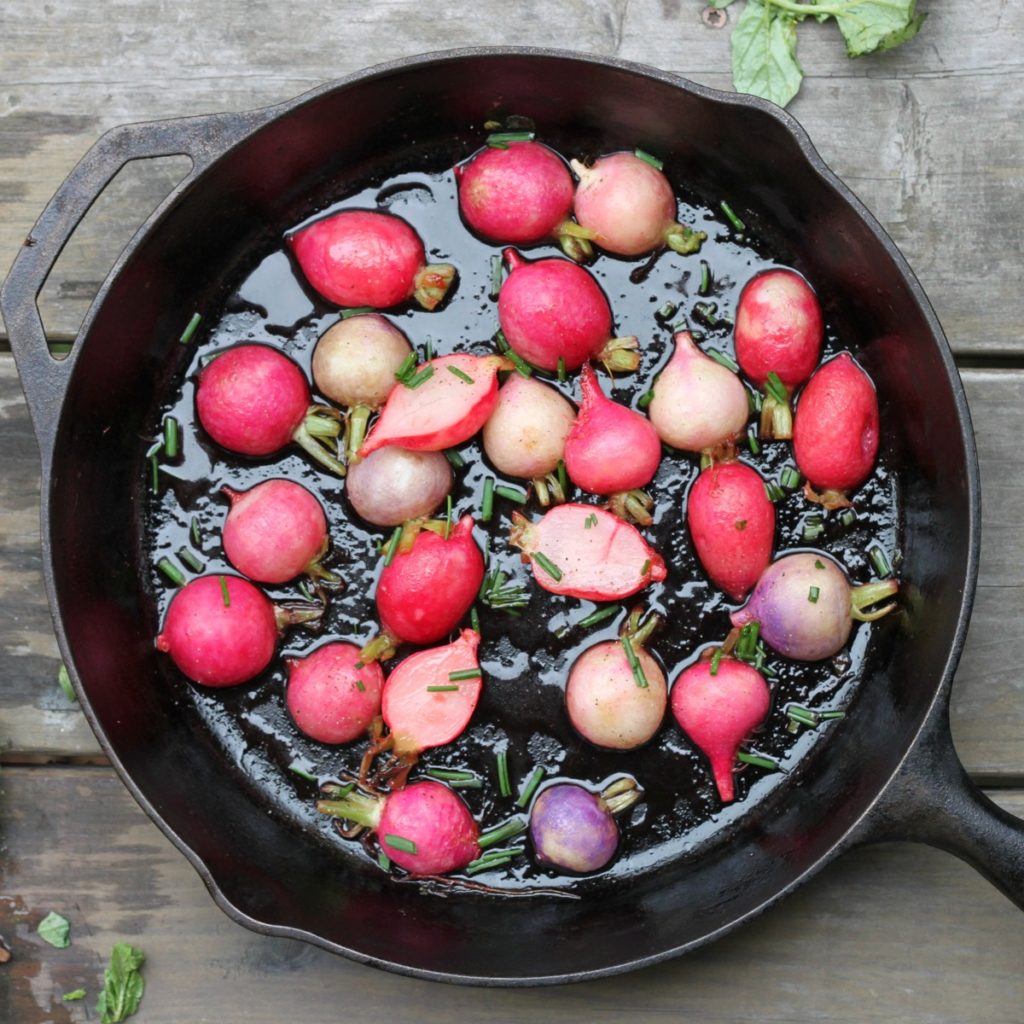Vinegar: Important Facts, Health Benefits, and Recipes
Explore the health benefits, uses, and history of vinegar in our ultimate guide, and learn how to incorporate this versatile ingredient into your daily life.
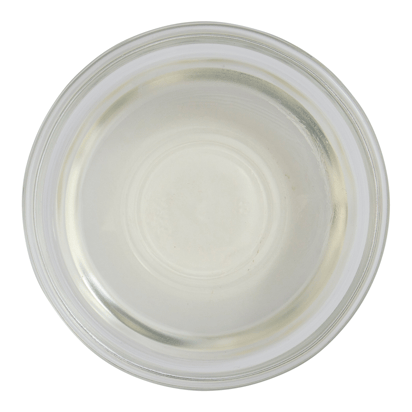
Nutritional Facts
1 tbsp
Amount per serving
Calories
2.7
Carbohydrates
0 g
Fat
0 g
Protein
0 g
Saturated Fat
0 g
Sodium
0.3 mg
Fiber
0 g
Sugar
0 g
Best Vinegar Recipes
-

-

-

-
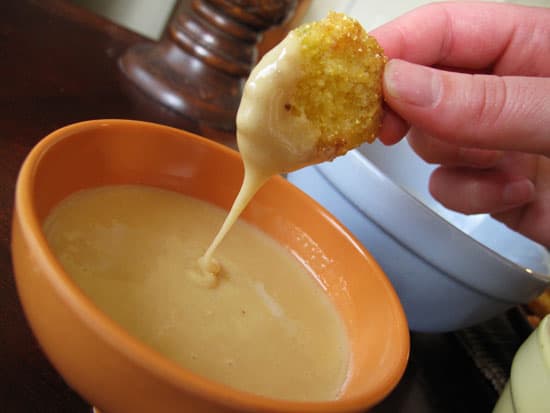
-

-

-
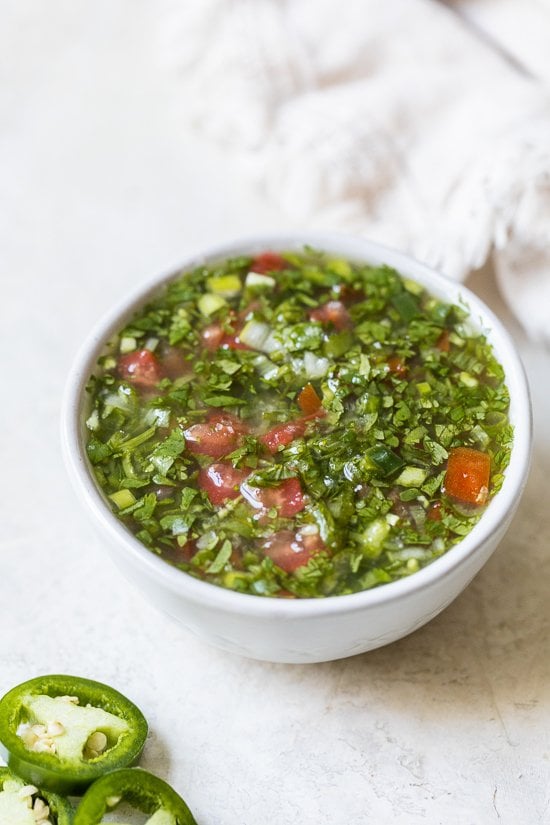
-

-
![Broiled or Grilled Pollo Sabroso Image]()
-
![Frozen Personal Pizzas Image]()
-
![Warmed Greens Salad with Poached Egg Image]()
-
![Spice Cake Cupcakes Image]()
-
![Chocolate Texas Sheet Cake Image]()
-
![Nutella Dulce de Leche Chocolate Chip Cookie Pie Image]()
-
![Brown Sugar Peach Pancakes Image]()
-
![The Best Lemon Dill Cucumber Sandwiches Image]()
-
![Mom's Idaho Tacos Image]()
-
![Buffalo Chicken Salad with Blue Cheese Dressing Image]()
-
![Spiced Idaho Tacos Image]()
-
![Red Velvet White Chocolate Chip Cookies Image]()
-
![Wacky Chocolate Cake Image]()
-
![Easy Veggie Pizza Tarts Appetizer Image]()
-
![Flag Cake Image]()
-
![Baked Kung Pao Chicken Image]()
-
![Spinach Salad with Poppy Seed Dressing Image]()
-
![Apple Butter Spice Sheet Cake Image]()
-
![Red Velvet Cupcakes Image]()
-
![Cucumber Salad with Grapes and Poppy Seed Dressing Image]()
-
![Dutch Apple Pie with White Chocolate Butter Sauce Image]()
-
![Old Fashioned Raspberry Pie Image]()
-
![Raspberry BBQ Sliders Image]()
-
![Grilled Flank Steak with Mango ChimiChurri Image]()
-
![Mom's Fail Proof Magic Pie Crust Image]()
-
![Zucchini Hot Dog Relish Image]()
-
![Carne Asada Street Tacos Image]()
-
![Golden Rice Salad Image]()
-
![Home Canned Salsa Image]()
-
![Sweet and Sour Meatballs Appetizer Image]()
-
![Easy Tomato Soup Image]()
-
![Italian Potato Salad with Swiss Chard Image]()
-
![Radishes with Honey and Lemon Image]()
-
![Mississippi Caviar Image]()
-
![Soy Peppered Salmon Image]()
-
![Healthy Zucchini Muffins Image]()
-
![Gluten-Free Buckwheat Waffles Image]()
-
![Blueberry Honey Bran Muffins Image]()
-
![Whole Wheat Waffles with Blueberry Ginger Syrup Image]()
-
![Nectarine Cupcakes Image]()
































